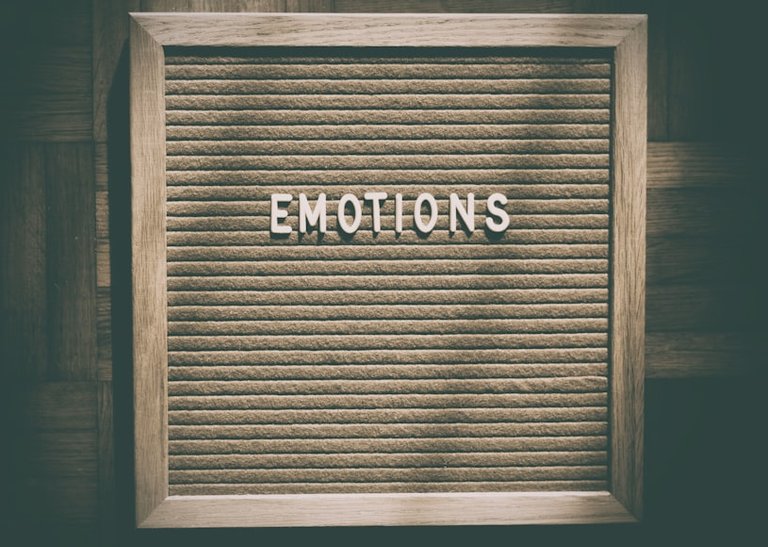Understanding Our Personal Triggers is Key to Emotional Growth
Have you ever overreacted to something really minute? You were fine, and then in the next second, you were upset or angry with really no clear reason. Well, this has happened to all of us, and most of the time it is because of our triggers.
Understanding these triggers and why it is so important to understand them is crucial for emotional well-being.

Just as triggers are invisible buttons inside us, once someone or something presses these buttons-BOOM!, our emotions go into overdrive. The trickier part is, we often don't know where these buttons are and why they exist.
And that's where the importance of self-reflection comes in.
It was one of those times when an inopportune comment about my career choice by a friend sent me right into the middle of a whirlpool of self-doubt. It took a rather long time to realize that it had nothing to do with what they said, instead, it had everything to do with my insecurities. The experience sparked my curiosity, questioning other triggers and why certain situations affect me the way they do.
Sometimes, delving into our past helps us understand why these triggers set things off. Maybe that fear of public speaking came from an embarrassing moment in school, or difficulty with trusting people came out of a past betrayal. Understanding these links doesn't magically make our triggers disappear, but at least we have something to work with.
One of the most valuable things about investigating our triggers is the positive way it might affect our relationships. When we know what our hot buttons are, we can sometimes communicate better with others. Instead of lashing out, we might be able to say, "Hey, when you do X, it makes me feel Y because of Z." This kind of openness can lead to more understanding and fewer conflicts.
But let's be real-triggers are not always easy to find. It can be very uncomfortable and sometimes even a little scary to face those emotional weak spots. That's okay; that's normal. The key is treating ourselves with kindness on this journey. We're not trying to "fix" ourselves, we're just trying to understand and grow.
As it is, becoming more aware of what our triggers are sets the stage for recognizing patterns in our behaviors. Maybe we always get defensive when someone offers constructive criticism, or shut down when faced with uncertainty. Being able to recognize these patterns becomes the first step in how we will react to them.
Another consideration is that triggers change over time:
What was bothering us five years ago might not necessarily affect us now with the same power, and new triggers can develop as we live our lives and go through different experiences. That is why emotional growth is a process and never an event.
One helpful trick I have found is keeping a "trigger journal." Whenever I feel myself having a strong emotional reaction, I write down what happened, how I felt, and any thoughts that came up. Over time, this helps me see trends and understand myself better.
Another great benefit of understanding our triggers is that it helps us with setting boundaries. Once we understand what situations or behaviors upset us in the long term, we can take certain steps to either avoid them or be a little better prepared for them. This is not hiding from the world; this is being proactive about emotional well-being.

It is also important, when speaking of triggers, not to forget that the presence of them does not make us weak or oversensitive. Everybody has their triggers in their own way, and that is all right. What matters is what we choose to do with them. In facing our triggers out in the open, we show lots of strength and maturity.
Sometimes, these triggers may be so deep that we can't work our way out without a little extra help from the outside. Seeking a therapist or counselor is nothing to be ashamed of. They can certainly provide some tools or perspectives that we may have never thought of on our own.
As we become more proficient in handling our triggers, we may start to realize that, overall, we become less reactive. Those things that used to get under our skin start to lose their power to do so. This does not mean we become emotionless robots- far from it! Instead, we begin to have the power to choose our responses much more consciously.
Gaining clarity on our triggers also empowers us with more compassion for others. Understanding the complexity of our emotional terrain can make it easier to appreciate that the actions of others do relate to their triggers and processing at hand. After all, getting to know our triggers is about personal growth and self-awareness. It's not always easy, but it's worth it. If we understand ourselves better, then we become more balanced, resilient, and capable of dealing with the ups and downs in life.
Posted Using InLeo Alpha